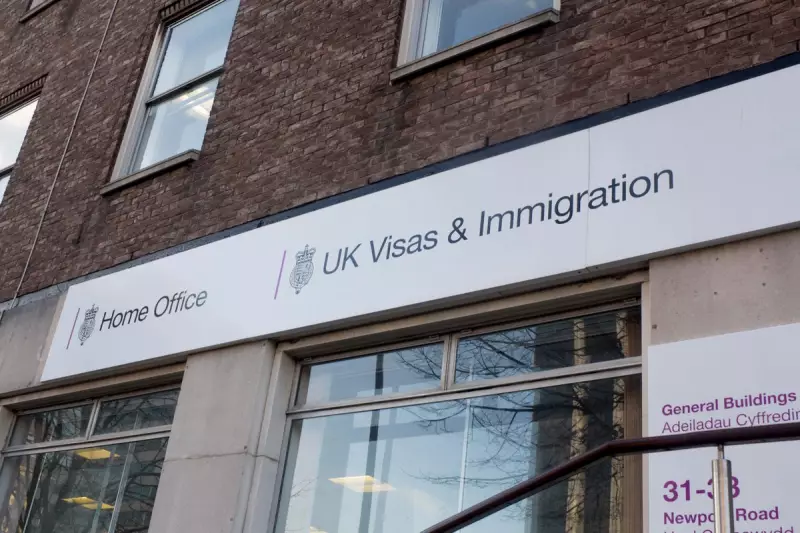
The UK government is poised to roll out a contentious new digital identity scheme, making it mandatory for all foreign nationals to carry a physical ID card linked to their online immigration status.
This initiative, driven by the Home Office and Immigration Minister Tom Pursglove, is being framed as a pivotal post-Brexit measure to bolster border security and modernise the UK's immigration system. The new cards will consolidate an individual's visa conditions and right-to-work status into a single, scannable document.
A 'Digital Status' with a Physical Card
Despite the government's push towards a 'digital by default' system, the policy mandates that individuals must still possess a physical card. Officials argue this is necessary to facilitate quick checks by employers and landlords, who are required by law to verify a person's immigration status.
The rollout will be gradual, initially targeting those applying for new visas or extending their current stay. Eventually, the government aims for the card to become the universal proof of legal status for all non-British citizens residing in the UK.
Backlash and 'Poll Tax' Accusations
The announcement has been met with fierce criticism from migrant advocacy groups and opposition MPs. A central point of contention is the associated cost; applicants will be required to pay a fee of up to £19.20 to receive their card, on top of existing, and often soaring, visa application charges.
Critics have lambasted this fee as a 'poll tax on immigrants,' arguing that it places an unfair financial burden on individuals who are already contributing significantly to the UK economy and society. Concerns have also been raised about the potential for discrimination and the increased risk of harassment for those forced to prove their status.
Security vs. Civil Liberties
While the government emphasises the security benefits of making it harder to create counterfeit documents, civil liberty organisations warn of a 'slippery slope.' There are apprehensions that this scheme could pave the way for a national ID card system for the entire UK population, a proposal that was scrapped by the coalition government in 2010 due to widespread opposition over privacy and cost.
As the first cards are scheduled for issuance later this year, the debate is set to intensify, pitting the government's vision of a streamlined, secure border against deep-seated concerns over civil liberties and the financial imposition on migrant communities.





